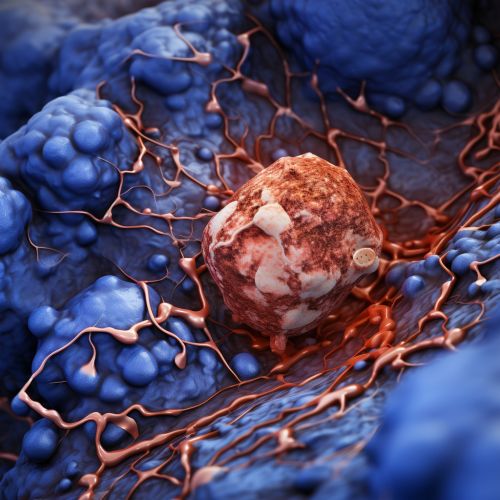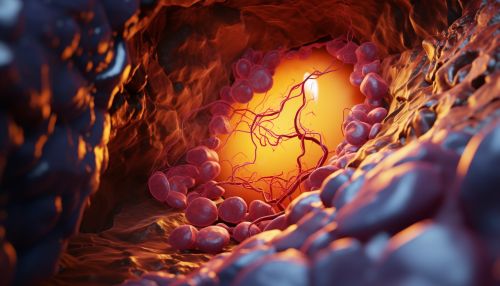Pheochromocytoma
Overview
Pheochromocytoma is a rare, usually benign, tumor that develops in cells in the center of an adrenal gland. You have two adrenal glands, one above each kidney. Your adrenal glands produce hormones that give instructions to virtually every organ and tissue in your body. If you have a pheochromocytoma, an adrenal gland releases hormones that can cause persistent or episodic high blood pressure.


Symptoms
Pheochromocytoma symptoms are variable. You might have high blood pressure for a long time, or you might have spells of high blood pressure interspersed with periods of normal blood pressure. These spells often occur suddenly, and can be triggered by such things as physical exertion, anxiety or certain foods. High blood pressure can be life-threatening, especially if you have a severe case of the condition. Symptoms might include: headache, sweating, palpitations, anxiety, tremors, pale skin, and weight loss.
Causes
Pheochromocytomas occur when cells in the adrenal glands mutate, creating a tumor that can produce higher-than-normal amounts of hormones. Other genetic and environmental factors might play a role. It's not always clear why this happens, but changes in certain genes appear to increase the risk.
Diagnosis
If your doctor suspects that you might have a pheochromocytoma, he or she will likely order one or more tests to check for excess hormones produced by an adrenal gland tumor. These might include: blood test, urine test, imaging tests, and genetic testing.
Treatment
Treatment for pheochromocytoma usually involves surgery to remove the tumor. Before surgery, you might take medications to control your blood pressure and lower the risk of having high blood pressure during surgery. Other treatments might be necessary if your tumor is malignant and spreads beyond the adrenal gland.
Prognosis
The prognosis for pheochromocytoma is generally good. Most people recover completely after surgery. If the tumor is malignant, it might recur, but this is rare.
